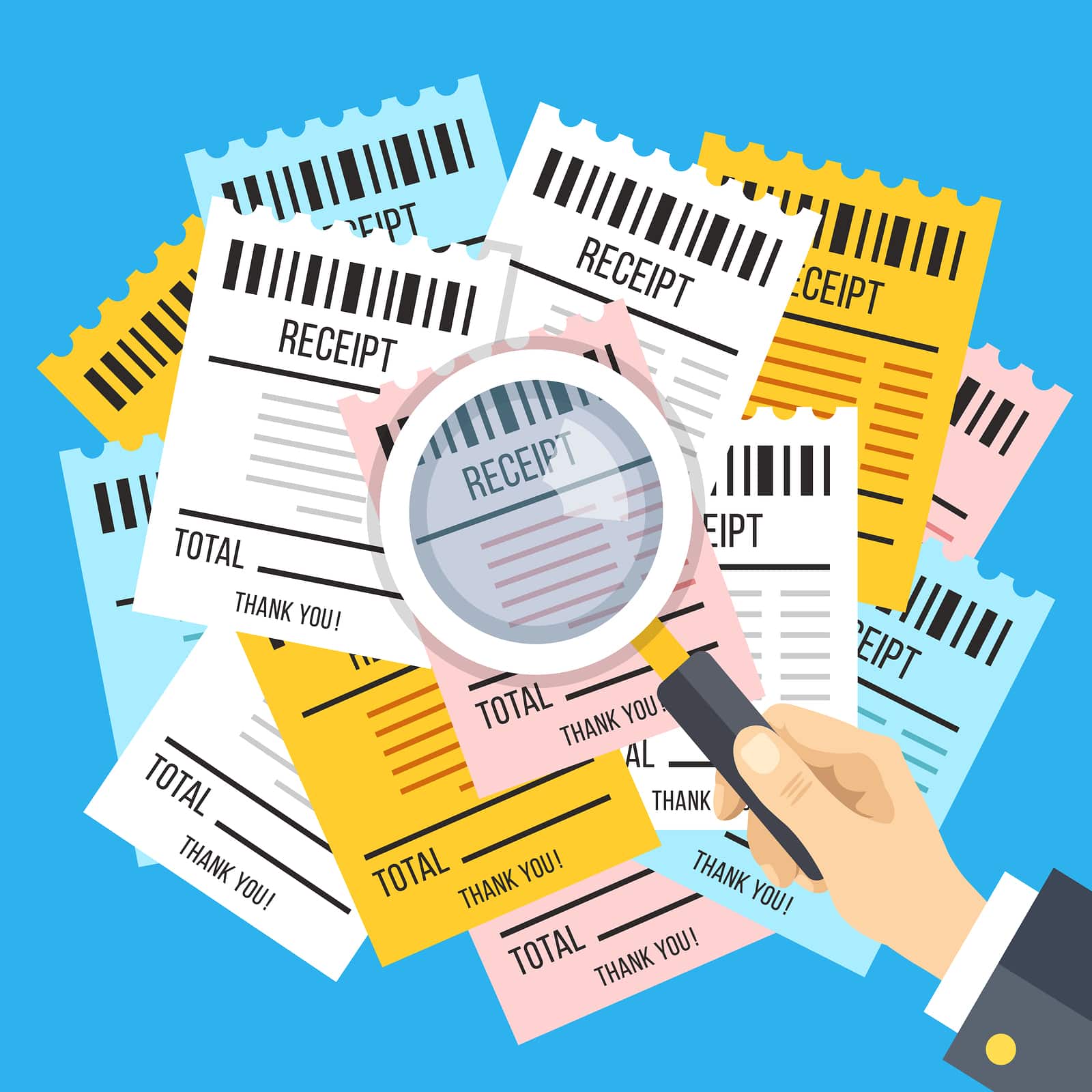When you are growing your business, every penny counts. Learning what you can and can’t claim as expenses on your taxes is essential, as this will not only save money but will also ensure that you don’t fall afoul of the HMRC at the end of the year. To ensure you don’t lose out and make mistakes on your claims, it is essential that you thoroughly know your rights.
Remember that the rules can vary hugely between employees, self-employed and directors. So, exactly what can your business claim for on an annual basis?
The first rule is anything you claim for must be entirely business-related. If even a small part of it is not related to business, then you must deduct that cost from your claim. So, if you travel, make sure you use a reliable mileage tracking system to record your business miles!
Limited company claims
If your business is a limited company, then your directors (that likely means you!) and employees of the business can claim expenses for specific items.
For travel, the director and employees can claim for any trip that is made outside of the usual place of work, and that includes both going to and from the site of work that isn’t the norm. Usually, this cost of travel is for business meetings, conferences and training. Sadly, you cannot claim expenses for your typical commute to work.
If you stay overnight at a hotel for a work-specific journey, you can claim for your accommodation as well as meals for the evening and breakfast. HMRC state that the expenses have to be reasonable, so if you are claiming for food close to your normal place of work, this may be scrutinised.
Food claims can be put through while travelling as part of your work. If the pattern becomes routine, then it is likely that this will be rejected as an expense. One-off journeys that run through meal-times will be processed as subsistence. Alcohol may be permitted if it is reasonable (not excessive) and is purchased with a meal.
Keeping track of all of these receipts, invoices and bills is a must. If you do not retain written records of all of these expenses, then you cannot claim them. If you do choose to claim them and HMRC asks to see proof, you can end up with massive penalties levied against you, or even criminal charges.
Forget to collect a receipt from a claimable transaction? It is better to be safe than sorry and leave it off the list.
